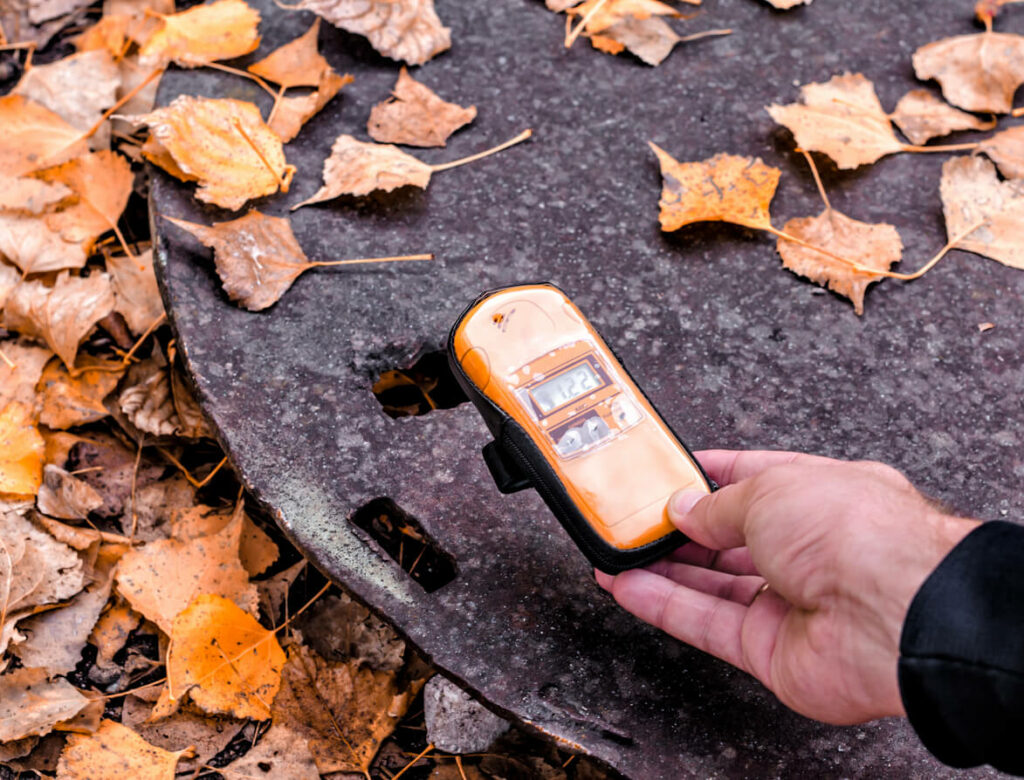
Radiation is a powerful force with the potential to both save and endanger lives. While it is beneficial in medical treatments like X-rays and cancer therapies, prolonged or high levels of exposure can result in serious health complications, including cancer. For American veterans, exposure to radiation due to military service has been a painful reality for decades.
Understanding the link between radiation exposure and cancer is the first step toward awareness, prevention, and treatment.
How Radiation Exposure Leads to Cancer
Radiation exposure occurs when an individual is subjected to ionizing radiation, which has enough energy to damage DNA within cells. This damage can result in mutations that cause healthy cells to grow uncontrollably, which is a hallmark of cancer. Radiation exposure cancer cases often arise from prolonged contact with high-energy radiation sources, such as nuclear materials, medical imaging equipment, or exposure during military service.
Veterans who have served in nuclear testing sites, maintained military aircraft or submarines with radioactive components, or worked near contaminated areas face heightened risks. Their repeated exposure to ionizing radiation has been linked to various types of cancer.
Most Prevalent Types of Cancer That Are Linked to Radiation Exposure
Though multiple cancers have been associated with radiation exposure, some are far more prevalent. These include the following:
Thyroid Cancer
The thyroid gland is sensitive to radiation, and exposure can damage its cells. Thyroid cancer is one of the most common outcomes of radiation, especially for individuals exposed as children or young adults. Symptoms often include swelling in the neck, difficulty swallowing, or changes in the voice.
Leukemia
A cancer of the blood and bone marrow, leukemia is highly associated with radiation exposure. This type of cancer often occurs because radiation significantly impacts rapidly dividing blood cells. Military personnel exposed to nuclear accidents or testing may face higher risks of developing leukemia, especially acute myeloid leukemia (AML).
Lung Cancer
Lung cancer has been linked to exposure to radioactive particles, such as radon gas. Veterans working in underground facilities, mines, or nuclear silos may have inhaled these particles over time, damaging their lung tissues and increasing their cancer risk.
Breast Cancer
Both women and men can develop breast cancer as a result of radiation exposure. Military medical personnel working with diagnostic imaging technologies or veterans stationed in high-radiation areas may experience higher incidences of this cancer.
Skin Cancer
Ionizing radiation can cause skin damage that may lead to skin cancer, especially for veterans exposed to nuclear blasts or prolonged UV radiation while stationed in radioactive regions.
Bone Cancer
While rare, bone cancer can result from radiation exposure. Radioactive materials like strontium-90, which can accumulate in the bones, are particularly harmful. Veterans who have been involved in nuclear cleanup operations may be especially at risk.
How Veterans Are Exposed to Radiation
Military occupations and missions often involve scenarios where service members are exposed to radiation. Common situations include the following:
- Nuclear Weapons Testing: Veterans who participated in atmospheric or underground nuclear tests between the 1940s and 1990s were often exposed to high levels of ionizing radiation without knowing the long-term risks.
- Nuclear Cleanup Crews: Service members who assisted in cleaning up nuclear accidents or contamination sites were likely exposed to cancer-causing materials.
- Radiation-Contaminated Equipment and Environments: Maintaining aircraft, submarines, or ships with radioactive components often exposed veterans to dangerous materials. Similarly, those stationed near nuclear plants or weapons facilities faced heightened risks.
- Exposure to Depleted Uranium: Many veterans serving in combat zones where depleted uranium was used in weaponry may have inhaled uranium particles.
The Role of the National Cancer Benefits Center
The National Cancer Benefits Center (NCBC) is a key organization advocating for veterans exposed to radiation and diagnosed with cancer. Their primary goal is to ensure these individuals receive the support they need to manage their health challenges.
The NCBC works to help veterans apply for financial benefits that can cover the costs of treatment. These benefits are designed to alleviate the financial burden of managing serious illnesses while providing veterans with the care they deserve. Through tailored resources, the NCBC acts as an organization for cancer patients, easing access to funds and enabling better treatment outcomes.
How to Apply for Benefits
If you are a veteran diagnosed with radiation exposure cancer, there are steps you can take to secure benefits for treatment. Organizations like the National Cancer Benefits Center provide clear guidance on how to apply for these funds. Here is a simple process to get started:
- Gather Your Records: Compile all your medical records and any documentation proving your diagnosis. Make sure that your service records highlight potential radiation exposure experienced during your military career.
- Reach Out to the NCBC: Contact the National Cancer Benefits Center directly to determine your eligibility and understand what benefits are available. Their team is equipped to guide you through the application process.
- Complete the Application: Submit your completed application through the appropriate channels. Be sure that you include thorough documentation to prevent delays.
- Consult Legal Assistance: If your claim encounters resistance, consider consulting legal experts experienced in veteran aid programs. They can help strengthen your case.
Support and Advocacy for Radiation-Exposed Veterans
Radiation exposure has caused suffering for generations of veterans, but organizations like the National Cancer Benefits Center are working to make a difference. By providing access to financial resources and advocating for eligible veterans, they ensure that those who have served receive the help they need.
If you are a veteran diagnosed with cancer due to radiation, do not wait. Start the process today by reaching out and applying for benefits to secure support for your treatment. Call us today at (800) 414-4328 or visit our website, so we can help you improve your health and quality of life.

